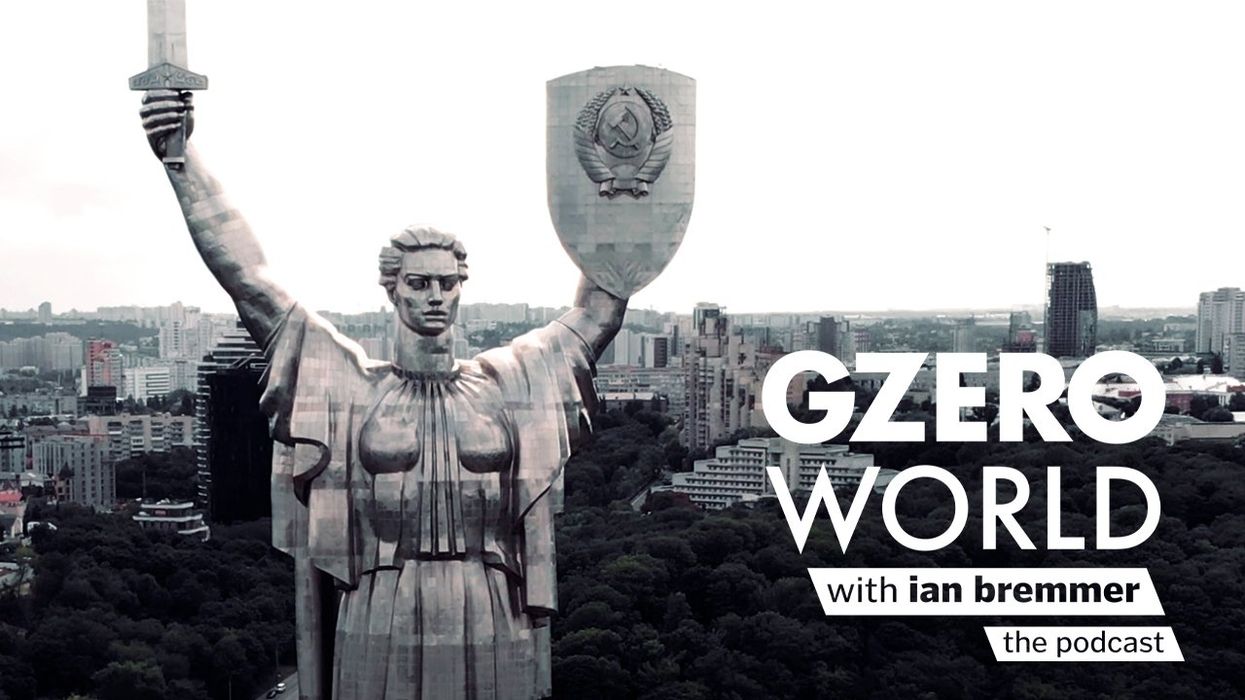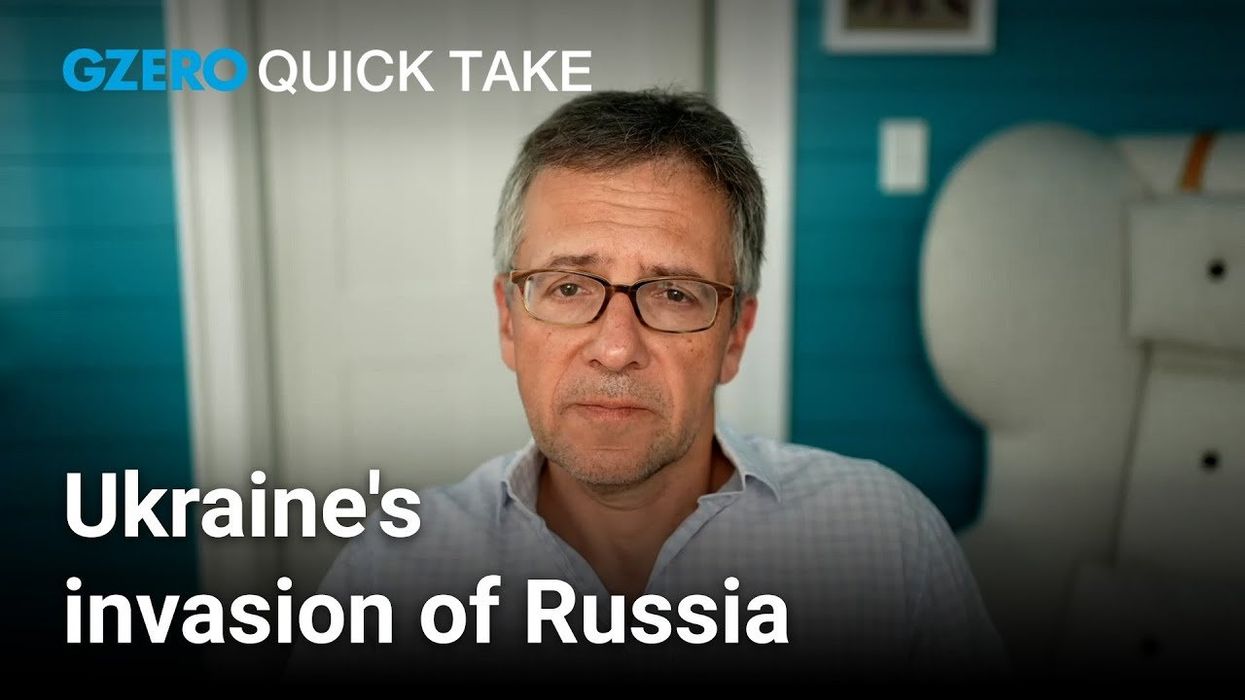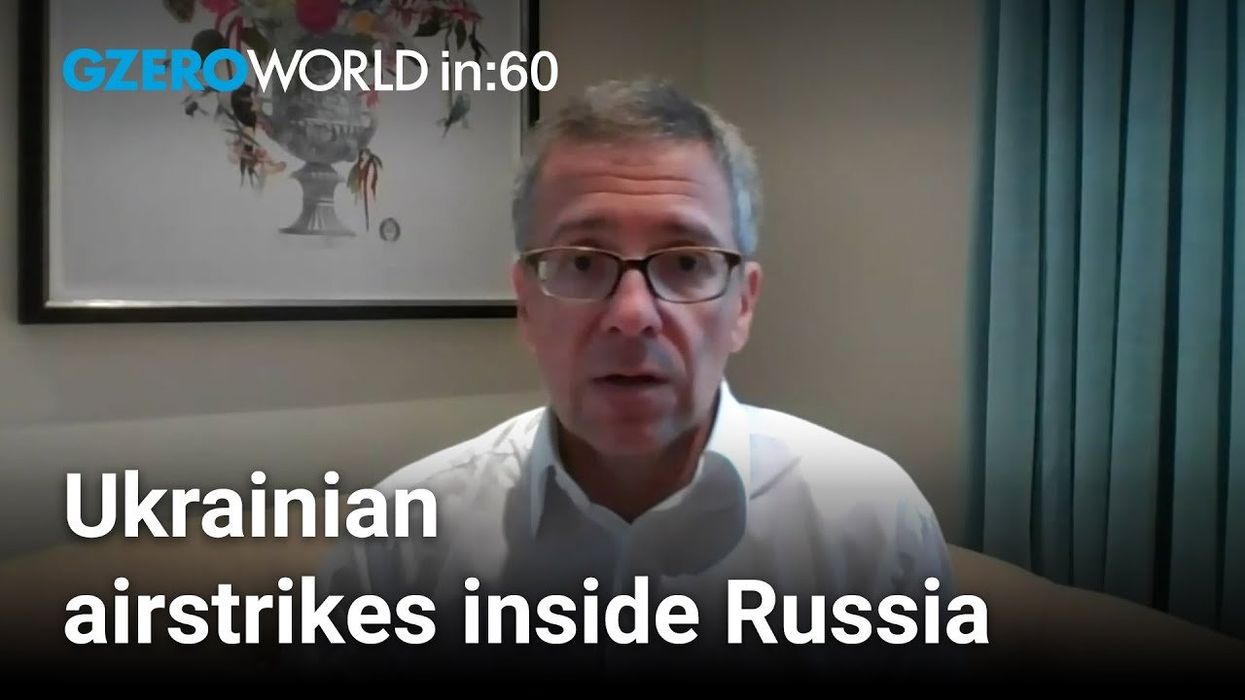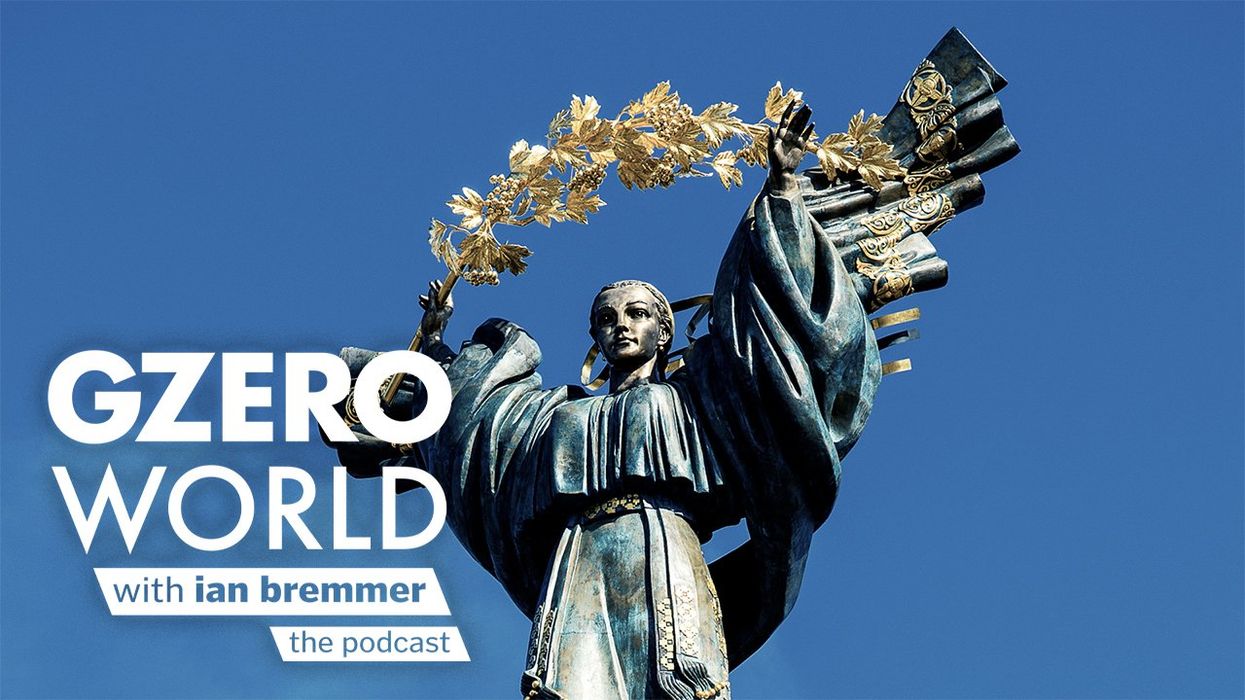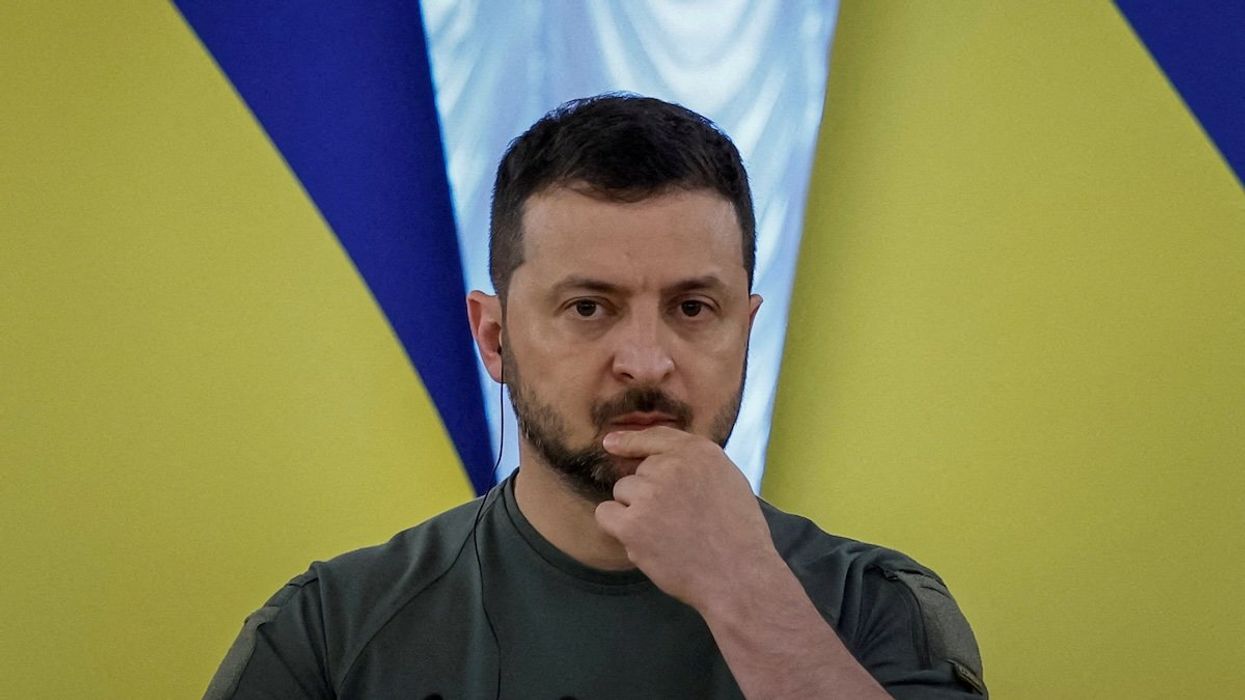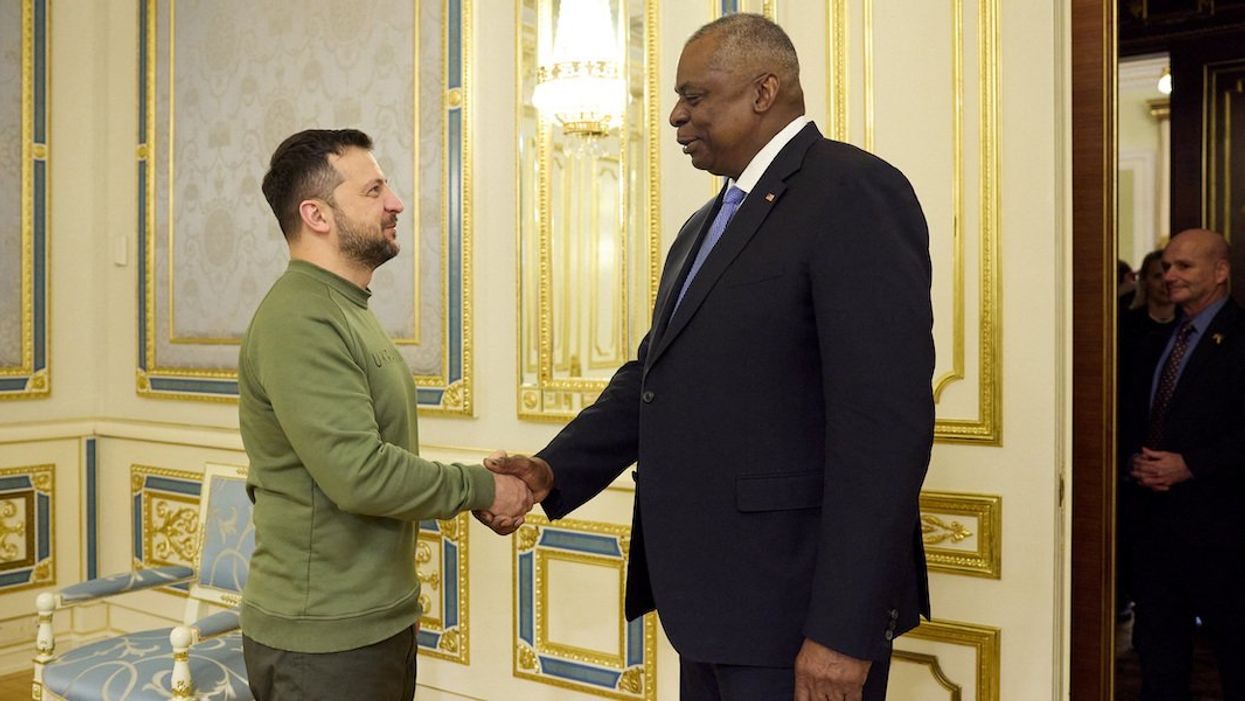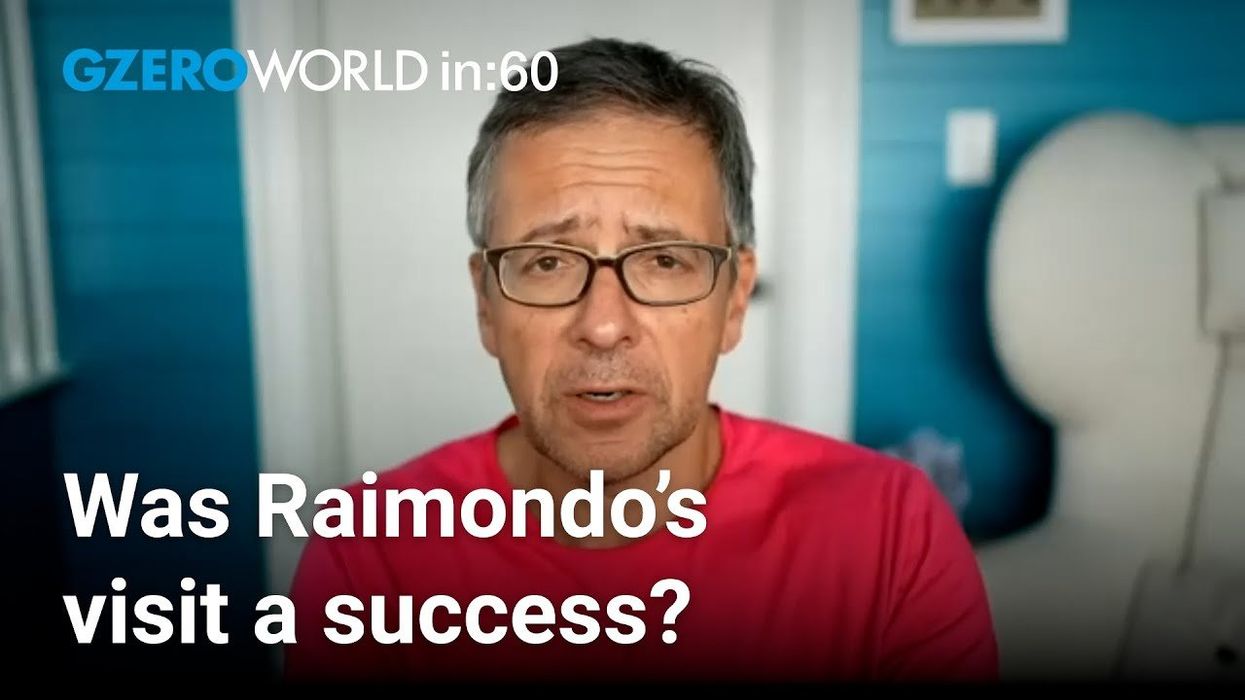What We're Watching
What We’re Watching: Ukraine takes out senior Russian general, Thailand and Cambodia set for Xmas talks, Syrian military groups to discuss merger again
Ukrainian intelligence services assassinated a senior Russian general on the streets of Moscow on Monday, detonating a bomb strapped to his car.
Dec 22, 2025




